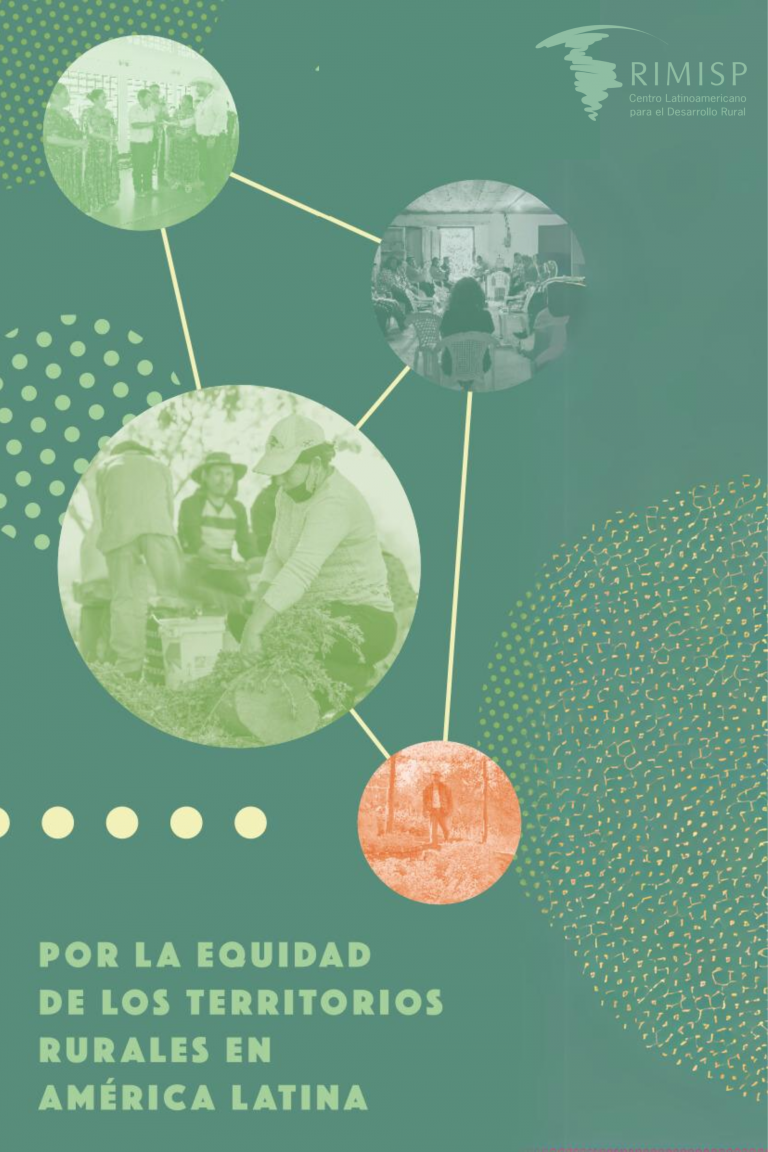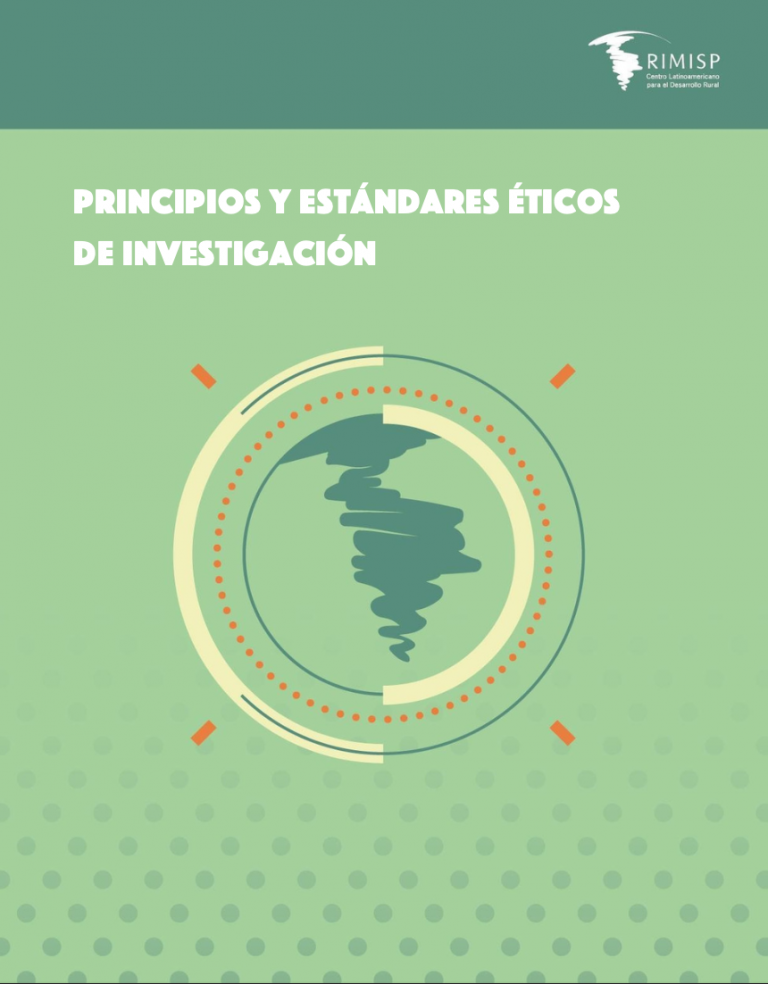Who we are
We are a broad and diverse network of partners and allies, who, since 1986 have contributed to understanding rural rural transformations and formulating better strategies for equitable territorial development in Latin America.
Our Purpose
We aspire to a Latin America where, regardless of their place of origin, all people have the same opportunities to participate in a just, sustainable and inclusive development.
Institutional Brochure

Thematic Areas
The thematic area seeks to foster sustainable and resilient agrifood systems through improved public policy design, inclusive governance systems and digital innovations. Rimisp approaches agrifood systems and climate change adaptation from a territorial approach, bringing together a set of actors, institutions and civil society organizations at different levels around social, institutional and productive innovations. The innovations and knowledge facilitated by Rimisp and its partners seek to weave dynamic agro-food systems that are resilient to the climate crisis, sustainable in food production and marketing, and effective in promoting healthy diets.
Thematic area that seeks to contribute to social cohesion and the inclusive participation of people, social organizations and institutions in territorial dynamics. To this end, it focuses on generating evidence on the inequalities that affect historically excluded groups, such as women, youth, indigenous peoples and Afro-descendants. In addition to research development, this area promotes the expansion of the capacities of social actors and their political, social, economic and cultural participation, so that their visions and proposals for well-being are incorporated into local development.
We understand the TSAs as complex social processes crossed by power asymmetries, in which diverse interests of collective actors (territorial and extraterritorial) are manifested as evidence of the different ways of understanding the territory and its development. This area analyzes tensions, disputes and/or controversies that affect territories in terms of their functioning and governance, access to and use of their resources, the ways in which these are distributed, and the criteria that define the inclusion/exclusion of the different social actors in the deliberation and decision-making that determine their development trajectories. Based on the understanding of the changes that these conflicts provoke, their contribution or not to the promotion of virtuous territorial dynamics, we propose strategies for their treatment and transformation, trying to link the visions of the different actors involved, especially those historically excluded.
We have an impact at different levels ranging from the community and more local to regional, national and Latin American, in order to consolidate organizational processes, governance, institutional development and the construction of public policies with a territorial approach that promote social, economic and productive inclusion of people living in poverty and vulnerability in Latin America. We also seek to make this advocacy possible by promoting processes of dialogue and encounter between different actors and at different levels.
Work Strategies
Rimisp contributes to capacity building for the territorial deployment of leaderships, organizations and institutions committed to development dynamics. Through different processes and collective learning spaces, we make available co-constructed knowledge and know-how to promote and disseminate the adoption of new practices that contribute to people’s wellbeing. For this purpose, we have contextualized training programs aimed at audiences that seek to be active agents of change and territorial transformation in Latin America.
We develop systematic and rigorous research processes that contribute to a better understanding of rurality in Latin America, the transformations, gaps and challenges it faces. To this end, we contribute to the creation of knowledge, and we have a theoretical and methodological accumulation guided by the territorial approach, an interdisciplinary work team and a network of partners that proposes respectful, relevant and innovative research strategies that involve the voices and knowledge of the territorial actors, taking into account ethnic, generational and gender diversity.
We seek to produce accessible, useful and timely knowledge that contributes to the formulation of relevant public policies for territorial development, promotes innovations and enables the transformation, adaptation and generation of improvements in the welfare and development conditions of rural populations in their territories.
Our research and advocacy experience of more than 38 years indicates that collaborative and networked work is the most effective way to enhance the development trajectories of rural territories in our region. For this reason, Rimisp has a range of tools and methodologies that facilitate the generation of networks and strategic alliances between diverse actors and sectors committed to the development of rural territories in Latin America. This networking includes partners with whom we lead the implementation of projects in the different countries of the region, international organizations and governmental institutions at national and sub-national levels to whom we provide technical assistance and on whom we seek to influence, and local actors from the private sector and civil society that carry out transformative work from their territories.
Based on the results of applied research, evidence generation and capacity building, Rimisp and its partners promote multi-stakeholder dialogues in order to generate processes of advocacy and policy inclusion. We are convinced that through dialogue we achieve better public policies for equitable territorial development.
Rimisp's principles and ethical standards

Institutional CV
Our offices:

- Chile: Huelén 10, Providencia, Santiago, Metropolitan Region (+56-2) 2236 4557 | Fax (+56-2) 2236 4558.

- Ecuador: Czechoslovakia E9-95 between Switzerland and Moscow. Eveliza Plaza Building. First floor. Quito. (+593-2) 5150144.

- Colombia: Carrera 9 No 72-61 Office 303. Bogotá. (+57-1) 2073 850.
